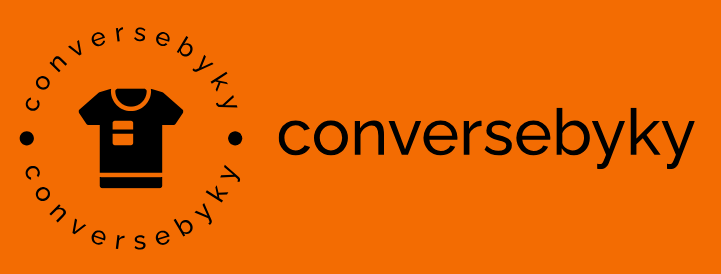
Revolutionizing Style: Navigating Sustainable Fashion Influences
As the fashion industry continues to evolve, the spotlight on sustainability has grown brighter. The Eco-Chic Revolution is underway, with Sustainable Fashion Influences shaping the way we perceive and interact with style. Let’s explore the key aspects and influential factors driving this paradigm shift towards a more sustainable and eco-conscious fashion landscape.
Ethical Fashion Practices: A Commitment to Fair Labor
One of the pivotal Sustainable Fashion Influences is the emphasis on ethical practices. Brands and consumers alike are increasingly prioritizing fair labor conditions in the production of clothing. This involves ensuring that workers across the supply chain receive fair wages, work in safe environments, and are treated with dignity and respect. Ethical fashion practices contribute to a more humane and sustainable industry.
Material Innovation: Pioneering Sustainable Fabrics
Material innovation plays a crucial role in Sustainable Fashion Influences. Designers are exploring and adopting eco-friendly materials that minimize environmental impact. From organic cotton and bamboo to recycled polyester and Tencel, sustainable fabrics are becoming mainstream choices. These materials not only reduce the reliance on harmful substances but also promote a circular economy by using recycled or regenerative sources.
Circular Fashion Economy: Reducing Waste through Recycling
The concept of a circular fashion economy is a game-changer in Sustainable Fashion Influences. Rather than following a linear model of production and disposal, the circular fashion economy emphasizes recycling, reusing, and repurposing garments. Brands are incorporating recycling programs, encouraging customers to return old clothing for recycling, thereby reducing the overall environmental footprint of the fashion industry.
Slow Fashion Movement: Embracing Timeless Style
In response to fast fashion’s negative impacts, the Slow Fashion Movement has emerged as a significant force in Sustainable Fashion Influences. This movement encourages consumers to shift from trend-driven buying to investing in timeless, high-quality pieces that withstand the test of time. Embracing a slower approach to fashion promotes mindful consumption, reduces waste, and fosters a deeper connection with the garments we wear.
Transparent Supply Chains: Empowering Informed Choices
Transparency in the supply chain is a key influencer in Sustainable Fashion. Brands are recognizing the importance of providing consumers with information about the journey of a garment—from raw material sourcing to manufacturing and distribution. Transparent supply chains empower consumers to make informed choices aligned with their values, encouraging accountability and responsible practices within the industry.
Secondhand and Vintage Resurgence: Sustainable Shopping Practices
The resurgence of secondhand and vintage fashion is a notable aspect of Sustainable Fashion Influences. Embracing pre-loved clothing extends the lifespan of garments, reducing the need for new production. Thrifting, vintage shopping, and clothing swaps are gaining popularity, contributing to a more sustainable and circular fashion ecosystem.
Fashion Rental Platforms: Redefining Ownership
The rise of fashion rental platforms is reshaping consumer attitudes towards ownership. Instead of purchasing clothing for one-time use, individuals can rent high-quality garments for special occasions. This Sustainable Fashion Influence promotes a sharing economy, reducing the demand for new production and encouraging a more sustainable approach to occasional wear.
Consumer Activism: Demanding Accountability
Consumers are increasingly becoming advocates for change in Sustainable Fashion Influences. Through social media, awareness campaigns, and conscious consumerism, individuals are demanding accountability from brands. This activism pushes the industry to adopt more sustainable practices, prioritize ethical considerations, and strive for transparency in their operations.
Educational Initiatives: Shaping Conscious Choices
Educational initiatives play a vital role in Sustainable Fashion Influences. As awareness grows, consumers are seeking information about sustainable practices and ethical fashion. Brands, organizations, and influencers are contributing to this education by sharing insights into the environmental and social impacts of the fashion industry. Informed consumers are better equipped to make conscious choices that align with sustainability goals.
Explore Sustainable Fashion Influences: A Call to Action
Embark on a journey into the realm of Sustainable Fashion Influences and discover the transformative power of eco-conscious choices. From ethical fashion practices to circular economy initiatives, each aspect plays a role in shaping a more sustainable and responsible future for the fashion industry. Join the Eco-Chic Revolution, be a part of the change, and embrace a fashion ethos that prioritizes both style and sustainability.


